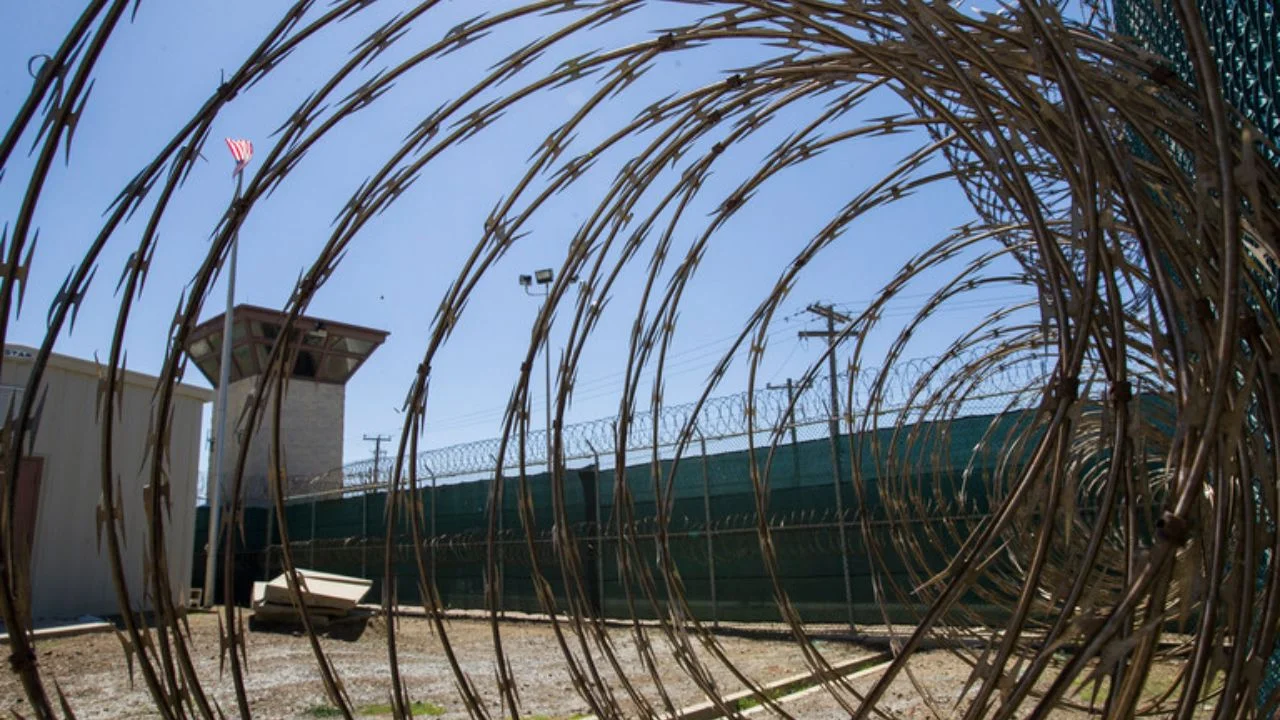WASHINGTON — A military judge at Guantanamo Bay has made a significant ruling regarding one of the defendants in the 9/11 trial. The judge, Col. Matthew McCall, has declared Ramzi bin al-Shibh unfit for trial due to his sustained abuse while in CIA custody, which has resulted in lasting psychosis.
This ruling means that the prosecution of the other four co-defendants will proceed without al-Shibh, who will remain in custody. The decision was issued late Thursday, and pre-trial hearings for the remaining defendants resumed on Friday at the U.S. naval base in Cuba. A trial date has not yet been set due to logistical challenges, high turnover, and legal hurdles.
Ramzi bin al-Shibh, a Yemeni national, is accused of organizing one of the cells that carried out the September 11, 2001 attacks, which resulted in the deaths of nearly 3,000 people in New York, Washington, and Pennsylvania, marking the deadliest terrorist act on U.S. soil.
Brett Eagleson, who lost his father in the attacks, expressed frustration over the sidelining of al-Shibh’s prosecution, citing it as another example of the lack of justice for the 9/11 community. He emphasized that the defendants were wrongfully tortured, leading to a denial of a fair trial and true justice. Eagleson leads a group advocating for the release of more documents related to the investigations into the attacks.
The September 11 attacks had profound global ramifications, prompting the George W. Bush administration to take extraordinary measures in what it termed a “war on terror.” These measures included military interventions in Afghanistan and Iraq, the establishment of a controversial CIA interrogation and detention program, and the creation of Guantanamo’s special prison and military commission for suspected extremists.
Last month, a military medical panel diagnosed al-Shibh with post-traumatic stress disorder and secondary psychosis, linking it to his torture and solitary confinement during his four years in CIA custody after his arrest in 2002. Al-Shibh had long complained about being attacked by his guards, even by invisible rays, causing sleep deprivation and pain. This issue had been documented in psychological reports dating back to 2004.
Defense attorney David Bruck argued that al-Shibh’s preoccupation with countering these invisible attacks rendered him incapable of participating effectively in his defense. Bruck pointed to al-Shibh’s extensive solitary confinement and torture, which included forced sleep deprivation and exposure to cold water while naked, as contributing to his persistent belief that his American guards were conspiring against him.
Bruck indicated that al-Shibh would likely remain in custody while officials awaited any potential improvement in his mental competency.
Both defense attorneys and a U.N.-appointed investigator have called for physical and psychological care for the 9/11 co-defendants to address the lasting effects of their torture in CIA custody. Bruck emphasized that PTSD treatment offered the best chance for al-Shibh to regain competency for trial. He also underscored that this ruling highlighted the profound and prolonged psychological harm inflicted by the CIA’s program of human experimentation.
In response to the judge’s ruling, Bruck highlighted that this was the first acknowledgment by the U.S. government that the CIA’s torture program had caused profound and prolonged psychological harm to one of its subjects.
The five 9/11 defendants endured various forms of abuse, including waterboarding, beatings, rectal searches, sleep deprivation, and more, during their time at CIA black sites. The CIA officially terminated its detention and interrogation program in 2009, with a Senate investigation concluding that the abuse had been ineffective in obtaining valuable information.
President Joe Biden recently declined to approve post-trauma care as a condition in plea negotiations for the 9/11 defendants. The administration cited concerns about providing care and ruling out solitary confinement given the scale of the historic attacks. Despite the potential unpopularity of such actions, Bruck emphasized the importance of upholding fundamental human rights.

